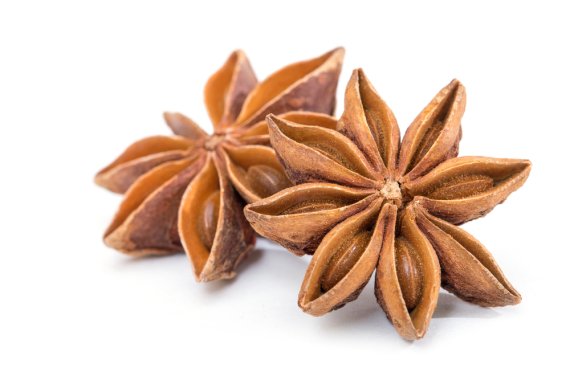This could possibly lead to cancer, according to PhD candidate Shuo Yang in the Toxicology group. ‘Previous studies showed that estragole can cause tumours in rodents,’ says Yang. ‘It has been banned since then as a food additive but it is still found naturally in various foodstuffs.’ Estragole is metabolized in the liver to form 1’-sulfoxyestragole. This metabolite binds to DNA, thereby forming what are known as DNA adducts. Yang: ‘If the adducts can’t be repaired in time by the cell, they accumulate in the DNA. That affects cell division, which can lead to cancer.’ However, Yang only looked at the effect on the DNA in her study, not at tumour formation.
Previous studies showed that estragole can cause tumours in rodents
Shuo Yang, PhD student Toxicology
Not repaired
It is known from previous research that these DNA adducts remain for a while and that they may not be recognized by the cell’s repair mechanism. Yang studied the structural changes that occur in the DNA’s double helix. To do this, she exposed rat liver cells to 50 μM of estragole. ‘This dosage is high enough to produce adducts but still low enough to be biologically relevant.’
Tip of the iceberg
So no more basil on our pasta? The dosages Yang used in her experiments were much higher than the average daily intake. Even so, changes in the DNA can accumulate over time, especially if they are not being repaired. What is more, we are not talking about just one food component. Yang thinks this might be the tip of the iceberg. ‘We now know that estragole has a possible carcinogenic effect on liver cells. But our food has far more components that could trigger or inhibit the formation of adducts. I would like to investigate that interaction further.’

 Photo: Shutterstock
Photo: Shutterstock 

